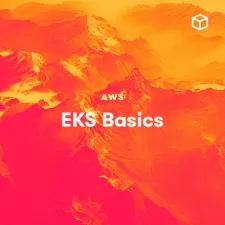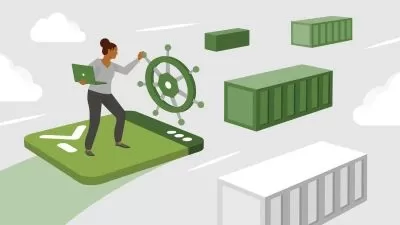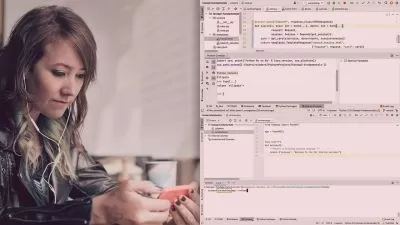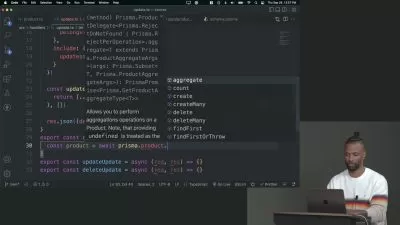Managing the Kubernetes API Server and Pods
Anthony Nocentino
3:43:54
Description
It's time to dig deeper into Kubernetes. You will learn about its API architecture and its internals, how to organize workloads, and look closely at the primary workload element in Kubernetes, the Pod.
What You'll Learn?
It's time to take your Kubernetes admin skills to the next level and dig into how to deploy and manage container-based applications in Kubernetes. In this course, Managing the Kubernetes API Server and Pods, you will gain the ability to deploy, manage, and troubleshoot container-based workloads in Kubernetes. First, you will learn how to use the Kubernetes API and API Server internals. Next, you will discover how to use labels, annotations, and namespaces to organize the largest workloads and how Kubernetes uses labels internally for its own operations. Finally, you will explore how to create, manage, and maintain healthy container-based applications with the primary Kubernetes workload construct, the Pod. When you're finished with this course, you will have the skills and knowledge of creating and maintaining container-based workloads in Kubernetes. This course can also help you prepare for your Certified Kubernetes Administrator (CKA) certification.
More details
User Reviews
Rating
Anthony Nocentino
Instructor's Courses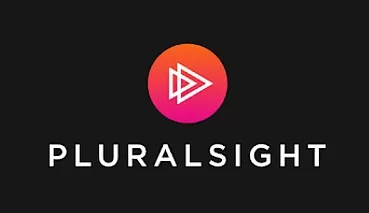
Pluralsight
View courses Pluralsight- language english
- Training sessions 54
- duration 3:43:54
- level average
- Release Date 2023/01/08






